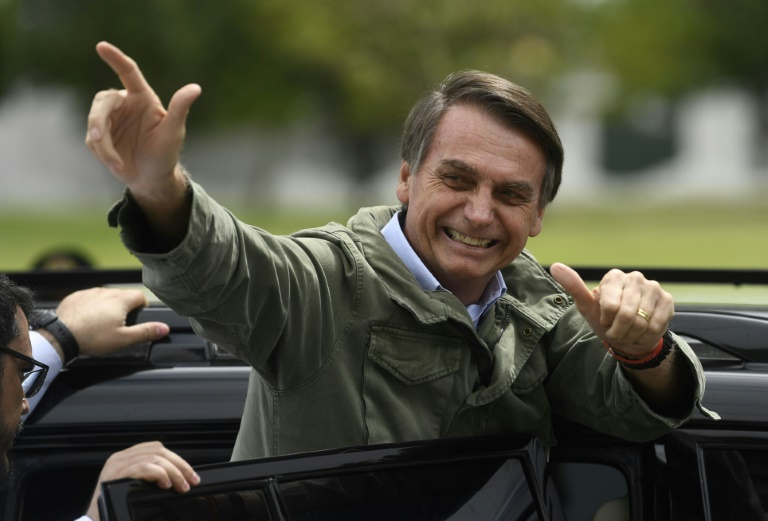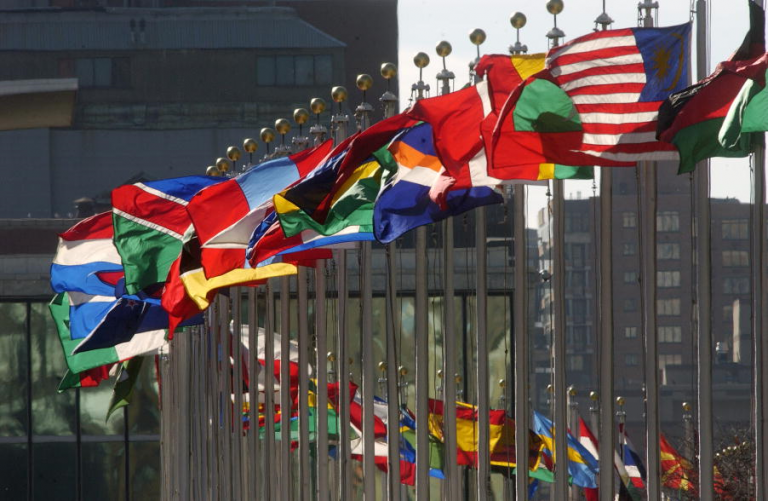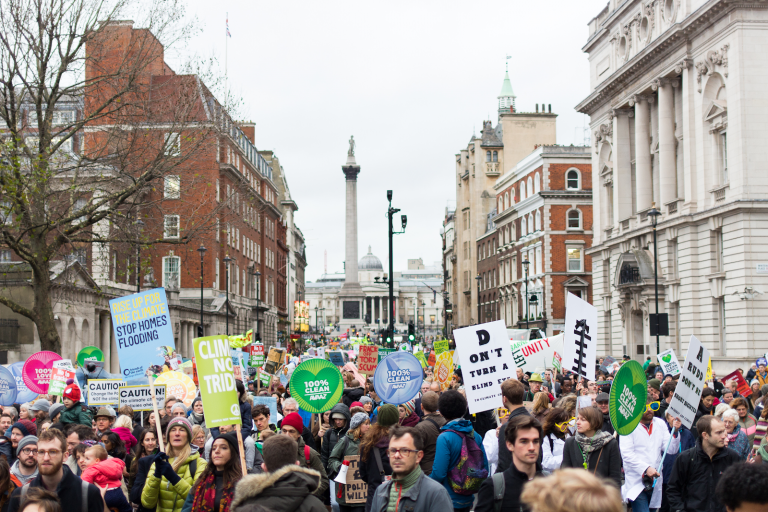How new populist leaders have killed the way to practice diplomacy
In 2016, the election of Donald Trump, a former TV star, as head of the first global power marked a turning point on the world stage. The following past years have seen the arrival of other populist leaders in global superpowers such as Italy, Brazil and recently in the United Kingdom. This along with the use of social media has shuffled the cards of diplomacy’s practice.
By definition, diplomacy is the management of relationships between countries but it also implies to deal with people without offending or upsetting them. But the performance we have assisted to those previous years does not seem to correspond to this meaning anymore.
Fake news, hate speech, insults spread by political leaders have become our daily reality. In the past, we used to assist to those types of rude behavior within countries between parties. What’s new is that it is happening now at the global scale between global superpowers. This shift can be explained by the democratic accession of far-right politicians who usually represent the hard opposition to power.

Bolsonaro: provocation as the norm
One of the greatest examples of this rude diplomacy is Bolsonaro, Brazil’s president. Last summer, the Brazilian president made some great performances. During the visit of the French Minister of Foreign Affairs, Jean Yves Le Drian, he decided at the last minute to stand him up for doing a Facebook live while he was at the hairdresser. A few days later, he declared about environmental issues:
“It’s enough to eat a little less. You talk about environmental pollution. It’s enough to poop every other day. That will be better for the whole world.”
He pronounced those words while the Amazon rainforest was being torn down at a rate that it has never seen before. Then, to sustain his momentum, he rudely insulted Macron’s wife on Twitter by commenting a tweet describing her as ugly. At the same time, one of the Brazilian ministers used the Portuguese word « calhorda » to describe the French president, which can be translated as “idiot”, “bastard” or “trickster”. A word very far from the traditional diplomatic vocabulary. The response of the French president didn’t take long to come. He declared with diplomatic words:
“He said very disrespectful things about my wife. I have great respect for the Brazilian people and can only hope they soon have a president who is up to the job”.
Is this diplomatic behaviour new?
Diplomacy has its own rules. The job of diplomats such as President is to weigh the words, use euphemism and play with semantic shades. Diplomacy as an institution appeared in the Middle Age around the sixteenth centuries. Its aim was to ensure peace and set up trade by negotiations as a tool to avoid violence. This came with stabilization between states thanks to the creation of multilateral institutions such as the League of Nations and later the United Nations, with the ratification of treaty such as the Vienna Treaty in 1815 or the International Human Rights Convention in 1948.
In addition, diplomacy is a perfect instrument when it comes to solving international crisis for example, the Cuban crisis. At least, it was created to put an end to the practice of selfish states who were only looking out for their own interests. Diplomacy helps to negotiate a conflict outcome, put a stop to state raid and raise collective security.
In the past, even Hitler wasn’t insulted by other countries’ leaders. Also, during the Cold War, both sides worried about each other’s action and thus use the diplomatic language. Usually in diplomacy, leaders used to speak frankly only in private. With time, it’s getting worse. During his presidency, Obama was treated as “son of a whore” by Filipino president Rodrigo Duterte, Johnson (who after becoming chief diplomat) compared Hillary Clinton to “a sadistic nurse in a mental hospital”, Trump named Kim Jong-Un in front of the UN Assembly “the Rocket Man”. We are spectators of a shifting diplomacy where insults represent the standards way of talking.

A redefinition of the political leader
This change in the political landscape raises the question of the definition of a political leader. Is it implied to be exemplary or a good person? Are Obama, Trudeau or Macron the definition of good leaders?
The Latin “Regere” means to govern and to act rightly. At least, is governing a moral matter? Because besides their disrespectful behavior, those extremist leaders have been democratically elected because they represented political game’s transparency. People are fed up with the expectation to be politically correct. They are acting, that is why there are in power now.
They represent their countries interest in a provocative way as Trump showed recently by his will to buy Greenland from Denmark to insure the US’s position in the subsurface resources race. Even with all those “diplomatic incidents”, it is working as they are popular in their country. They have legitimized a new style by institutionalizing their rude, impolite and unfiltered behavior and vocabulary. Perhaps right now governance means to behave badly.

Good things even in the worst times
However, there is still light in the dark. As well as there being those populist leaders, there are “standard” political leaders who do not have rude behavior as strategy. Diplomacy is not dead as the Pope gave us the proof when he sent a message to Donald Trump without naming him:
“A person who thinks only about building walls — wherever they may be — and not building bridges, is not Christian.”
In addition, this change has led to an increase of the political commitment. In France, during the second round of the presidential elections there was a huge mobilization against the far-right candidate Marine Le Pen. On Facebook, Instagram, Twitter, people are mobilized against populist leaders’ action. Demonstrations for climate change are growing around the world even if populist leader try to spread the fake news that global warming doesn’t exist. Associations for human rights, refugees’ rights, and LGBTQ rights are more active than ever in reaction to those leaders.
The hope and the opposition are here. But this change in the diplomatic area may be the reflection of our time. The question is “How are we going to respond to it?”
Written by Pauline Zaragoza
Photo Credits
Jair Bolsonaro, Jeso Carneiro, CC BY-NC 2.0
Union nations Headquarters, United Nations Photo, CC BY-NC-ND 2.0
Climate change march, Matthew Kirby, CC BY-NC-ND 2.0
Declaracao a impresa, Palacio do Planalto, CC BY 2.0










